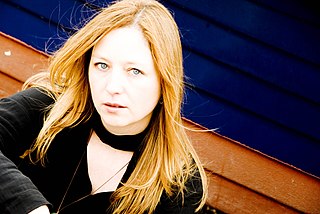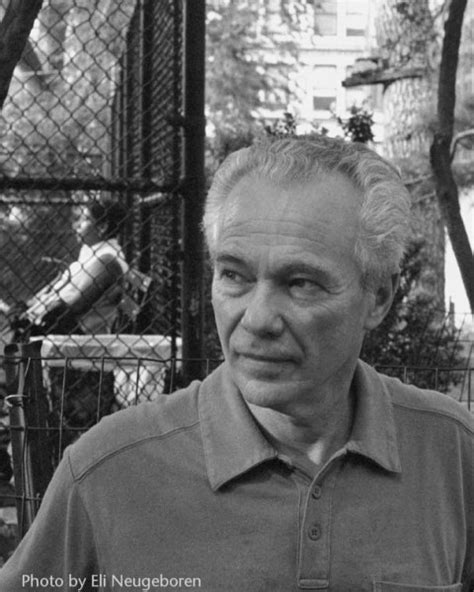A Quote by Elif Batuman
One of the stories that really impressed me was 'Anna Karenina.' As a novel, that made an impression on me, showing me what the novel can do.
Related Quotes
One of the things that really impressed me about Anna Karenina when I first read it was how Tolstoy sets you up to expect certain things to happen - and they don't. Everything is set up for you to think Anna is going to die in childbirth. She dreams it's going to happen, the doctor, Vronsky and Karenin think it's going to happen, and it's what should happen to an adulteress by the rules of a nineteenth-century novel. But then it doesn't happen. It's so fascinating to be left in that space, in a kind of free fall, where you have no idea what's going to happen.
Your opening should give the reader a person to focus on. In a short story, this person should turn up almost immediately; he should be integral to the story's main action; he should be an individual, not just a type. In a novel, the main character may take longer to appear: Anna Karenina doesn't show up in her own novel until chapter eighteen.
While working on my first five books, I kept wishing I was writing a novel. I thought until you wrote a novel, you weren't taken seriously as a writer. It used to trouble me a lot, but nothing troubles me now, and besides, there has been a change. I think short stories are taken more seriously now than they were.
If someone does learn about the world from reading a novel of mine, that makes me very happy. It's probably not what brings me into the novel in the first place - I usually am pulled in by some big question about the world and human nature that I'm not going to resolve in the course of the novel. But I'm very devoted to getting my facts straight.
Every story has already been told. Once you've read Anna Karenina, Bleak House, The Sound and the Fury, To Kill a Mockingbird and A Wrinkle in Time, you understand that there is really no reason to ever write another novel. Except that each writer brings to the table, if she will let herself, something that no one else in the history of time has ever had.

































